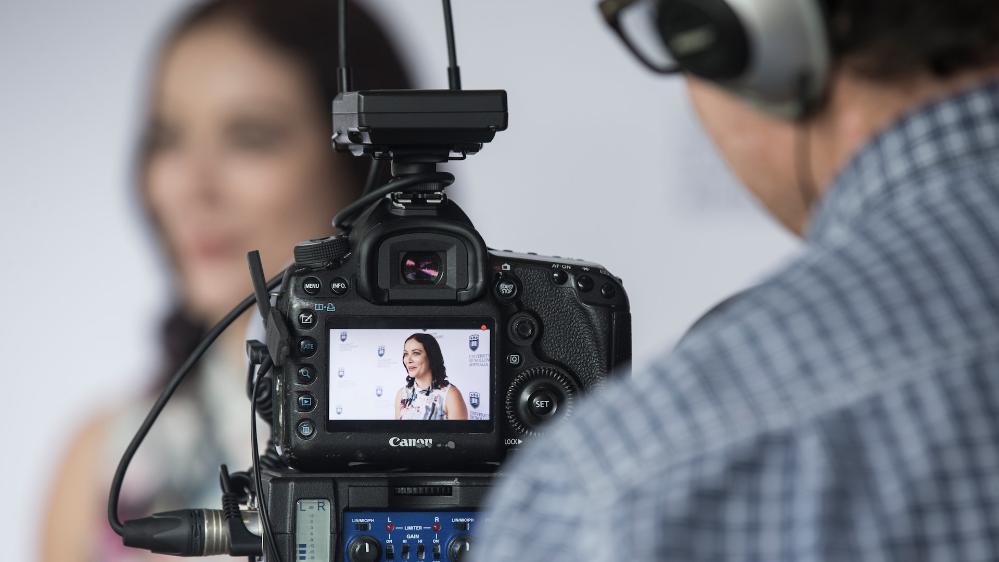October 30, 2023
UOW expert commentary (30 October)
UOW academics provide expert commentary, opinion and analysis on a range of ongoing and breaking news stories
The conflict in Gaza
Associate Professor Markus Wagner can provide commentary on the conflict in Gaza. Associate Professor Wagner is an expert in international law and former clerk at the Supreme Court of Israel for then-President Aharon Barak. He is the Director of the Transnational Law and Policy Centre at UOW. His research and teaching is in the areas of international and comparative law. During his former position on the Supreme Court, Professor Wagner has witnessed first-hand the complexities of the situation in the Middle East and dealt with similar questions that the current outbreak of violence raises.
Work Safe Australia report – engineered stone
A new Work Safe Australia report has called for a ban on engineered stone and UOW occupational hygienist Jane Whitelaw says Australia needs overarching legislation to stop silicosis from taking more lives. Ms Whitelaw is an expert on industrial respiratory diseases in the School of Health and Society.
AI Safety Summit 2023 (UK)
Dr Armin Alimardani can talk about the AI Safety Conference taking place in the UK later this week. The summit will bring together international governments, leading AI companies, civil society groups and experts in research to consider the risks of AI. Dr Alimardani is a Lecturer in the School of Law and an expert in the ethical and legal implications of emerging technologies.
Collapse of free trade talks between Australia and EU
Associate Professor Markus Wagner is available to discuss the collapse of a free trade deal between Australia and the European Union, after both parties failed to reach a compromise. Associate Professor Wagner is an expert in international law, constitutional law and comparative law. He is the Director of the Transnational Law and Policy Centre at UOW.
How to stop a sneeze
Associate Professor Theresa Larkin can discuss hay fever and why we sneeze. In an article Associate Professor Larkin co-authored with Dr Jessica Nealon she writes:
You can sometimes stop a sneeze by holding your nose or pressing underneath it. This is related to the gate control theory of pain and the idea you can change neural responses with external stimulation. But given the velocity of a sneeze, it might not be a good idea to stop it after it has started.
Associate Professor Larkin is an expert in anatomy and medical science. She is a Senior Lecturer in UOW’s Graduate School of Medicine. Associate Professor Larkin was recently named a Superstar of STEM by Science & Technology Australia.
Bushfire season
Associate Professor Owen Price can provide interviews about bushfires currently impacting parts of Queensland. He can also talk about bushfire preparedness and Australia’s upcoming bushfire season. Associate Professor Price is the Director of the Centre for Environmental Risk Management of Bushfires at UOW. His research focuses on bushfire risk and the impact on human health, houses and the environment.
Neurodivergence conference (4 – 5 November 2023)
Dr Amanda Webster is available for interviews about the upcoming Neurodivergence, Identity and Self-determination: Enhancing understanding and connections conference, taking place this weekend (Saturday 4 -Sunday 5 November 2023) in Wollongong. Several high-profile autistic and neurodivergent speakers will come together at the inaugural event hosted by My Life, My Decisions and UOW’s Autism and Neurodivergent Alliance. Grace Tame, Tim and Judy Sharp, and a list of other high-profile speakers will address the conference to raise awareness of neurodivergence, identity and self-determination. Dr Webster is a Senior Lecturer in the School of Education. Her research is focused on creating inclusive learning environments to support people on the autism spectrum.
UOW academics exercise academic freedom by providing expert commentary, opinion and analysis on a range of ongoing social issues and current affairs. This expert commentary reflects the views of those individual academics and does not necessarily reflect the views or policy positions of the University of Wollongong.
